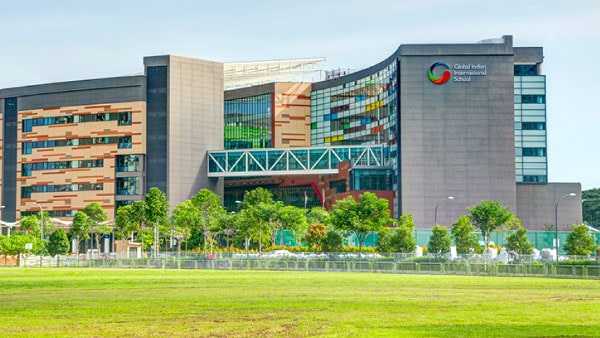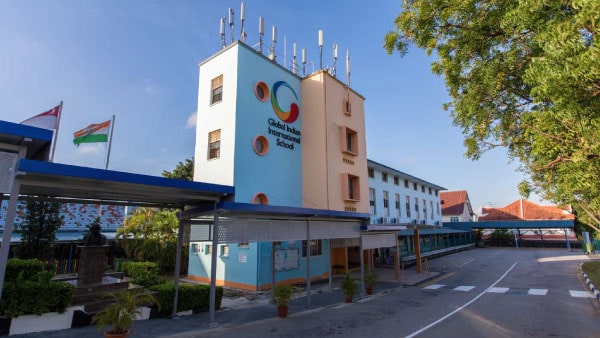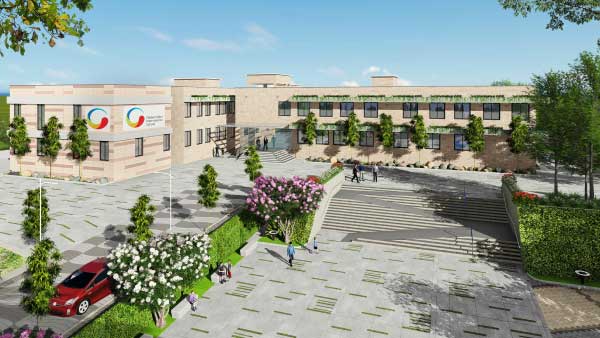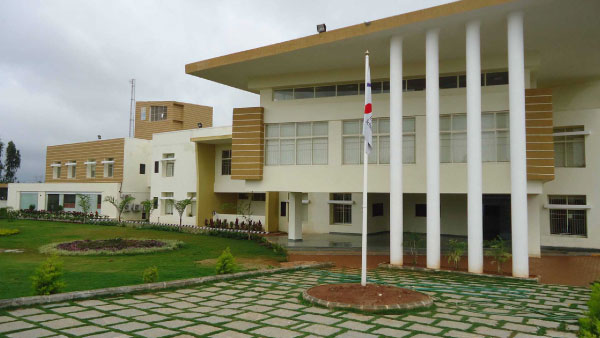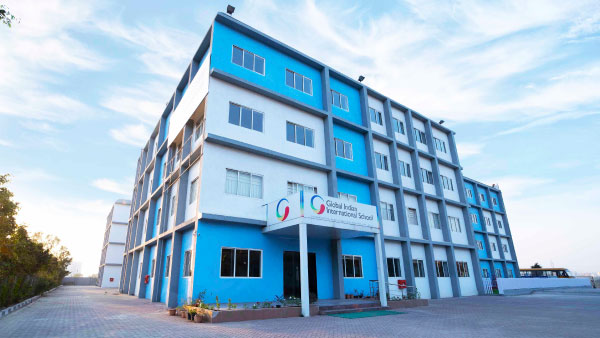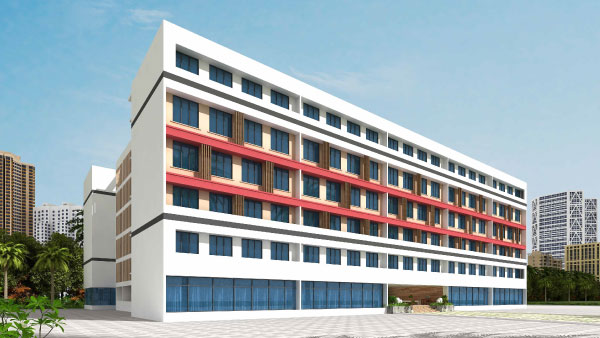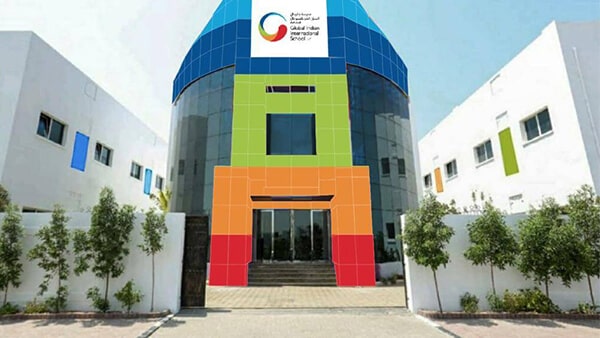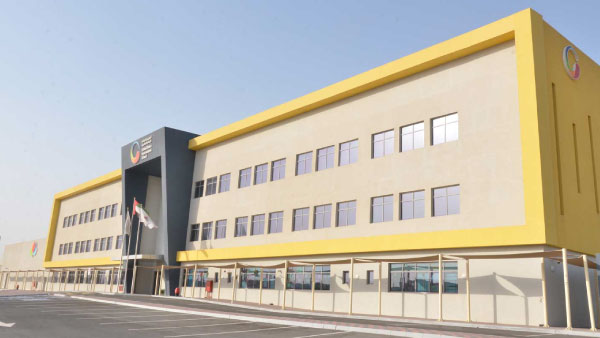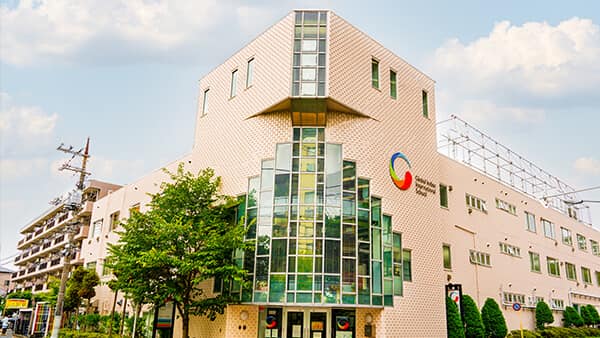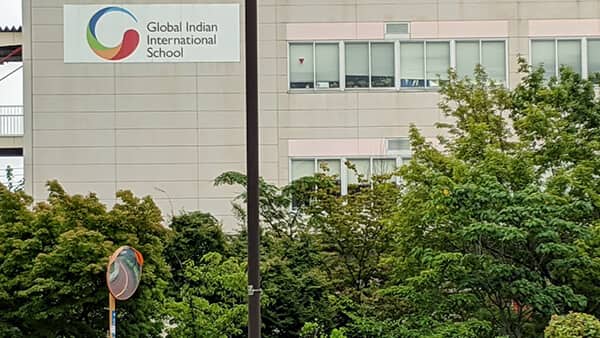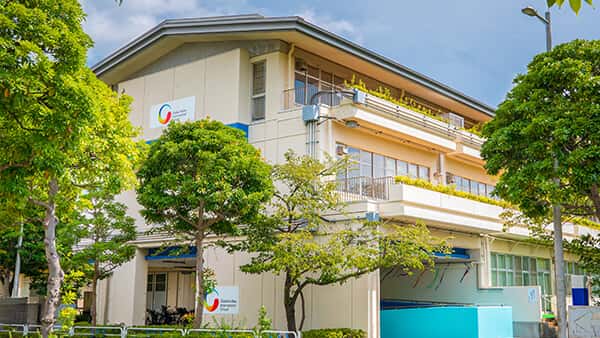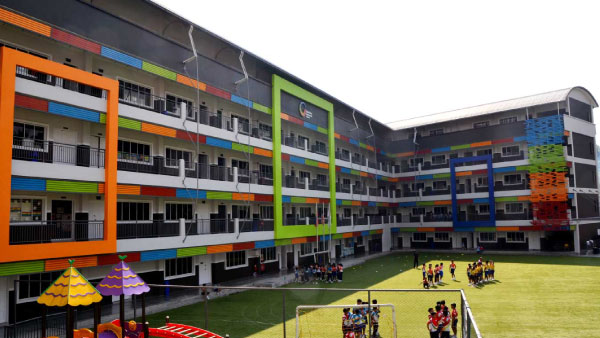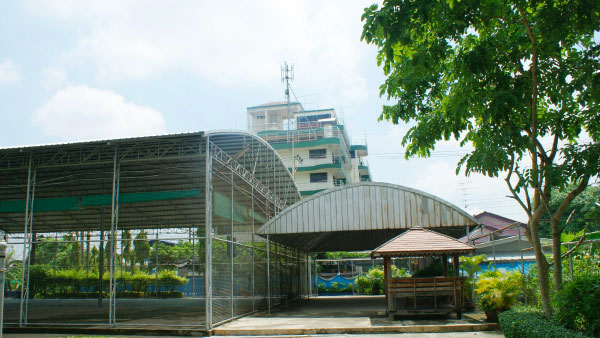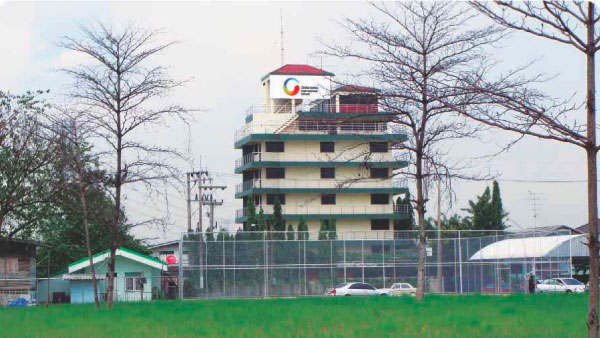
About
Vision, Mission & Core Values
Our vision is to become a global role model for teaching and learning.
History & Milestones
Since its inception in 2002, GIIS has continued to spread quality education over 10 countries in the continent.
Management
Board of Directors
GSF
Careers
Campuses

Nishi Kasai Campus
We are located in a community which has a vibrant presence of both Indian and local populace

Higashi Kasai Campus
Spacious and green, this campus in the heart of Edogawa-ku is a state-of-the-art international school in japan

Seishincho Campus
Our newly established international preschool Campus is residing quietly along the Arakawa River side in Seishincho.

Kita Kasai Campus
The newest addition to the GIIS Tokyo mantle is located in the Kita Kasai region in Edogawa, Tokyo
Curricula

Global Montessori (GMP)
We offer the best practices of modern pre-school education.

IB Primary Years (PYP)
PYP curriculum is designed for Graders 1 to 5 (age 5 to 12 years)

Cambridge (CLSP)
Our Cambridge Lower Secondary Programme (CLSP) for Grades 6 to 8

Cambridge (IGCSE)
World’s most popular international curriculum for 14 to 16 year olds.

IB DP (Diploma)
International Baccalaureate Diploma Programme is a curriculum pursued after the completion of Grade 10

CBSE
Our CBSE programme from Grade 1 to Grade 12 is a comprehensive curriculum that makes our students world citizens of promise.

IBDP Bridge Programme
International Baccalaureate Diploma Programme is a curriculum pursued after the completion of Grade 10
School Levels

Pre Primary
We offer the best practices of modern pre-school education.

Primary School
A quick glance at our primary school programme and facilities
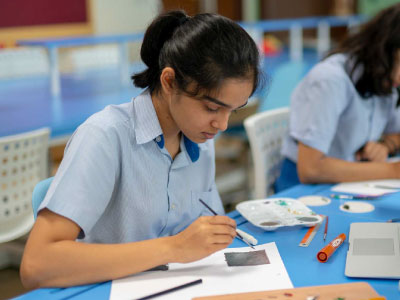
Secondary School
Focuses on the all round development of 11 to 14 year-olds.

High School
We provide children with the skills and knowledge to thrive in a 21st-century society.
Student Life
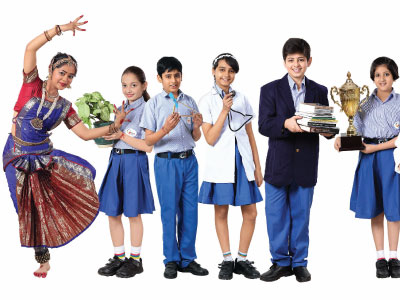
Holistic Education Framework
Award-winning framework for all-round student development
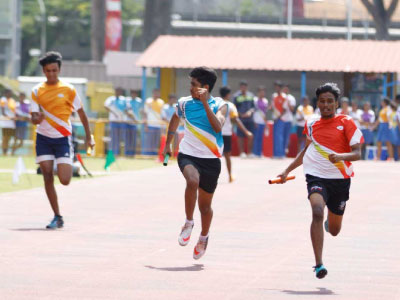
Extra Curricular Activities
Extra-curricular activities are those activities, often sports-based, that take place outside of the GIIS classroom
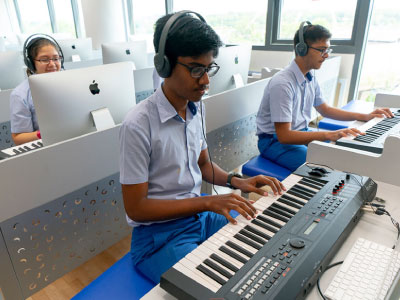
Co Curricular Activities
Talent shows, performances, competitions, clubs and additional classroom work.
Admissions

Admission Process
Get an overview of the admissions process

Book Campus Tour
Register for a tour of the campus to learn more about the school first hand

Book A Meeting
You can talk to our Admissions Counsellor online or in-person, as per your convenience.

Admission Form
Find all forms related to admissions procedure here

Fees
Get information on our fee structure for different grades

Upcoming Events
A quick glance at all the happenings at the campus

Enquiry Form
Got a question? Find all relevant forms for your enquiries

Transfer Certificate

Public vs. Private

School Brochure
Resources

Resource

Blog

Podcast
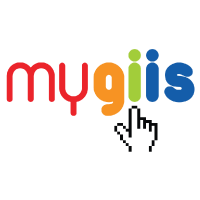
MyGIIS

MyGIIS
Publications
Photo Gallery
Campus News



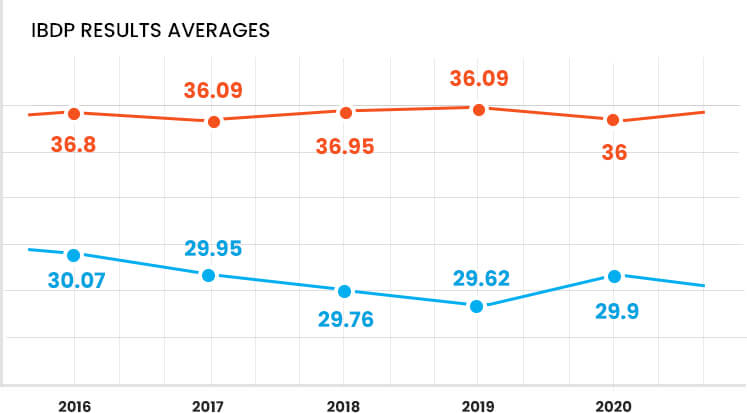

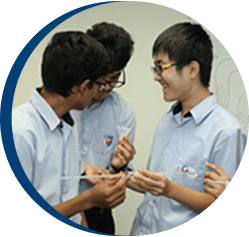
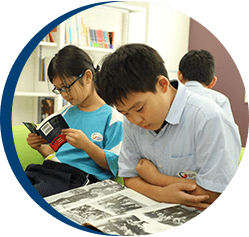
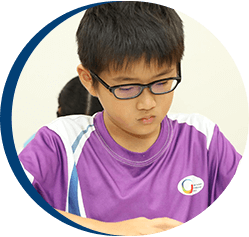
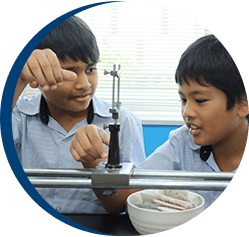
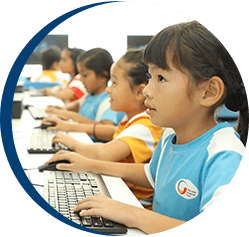
.png)

.png)











